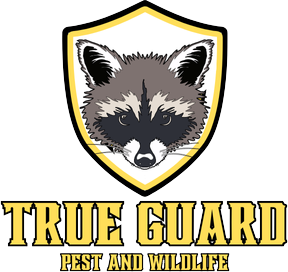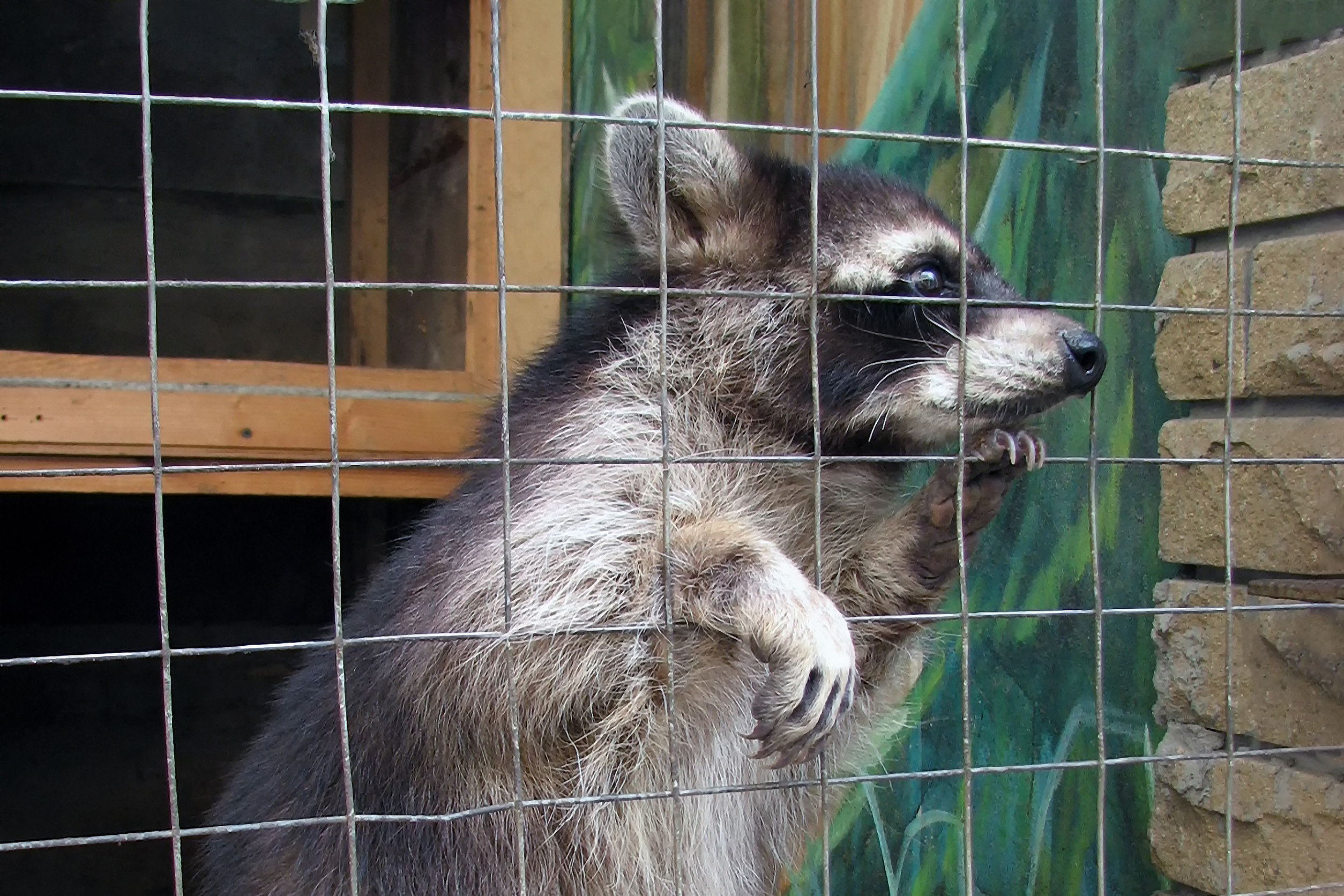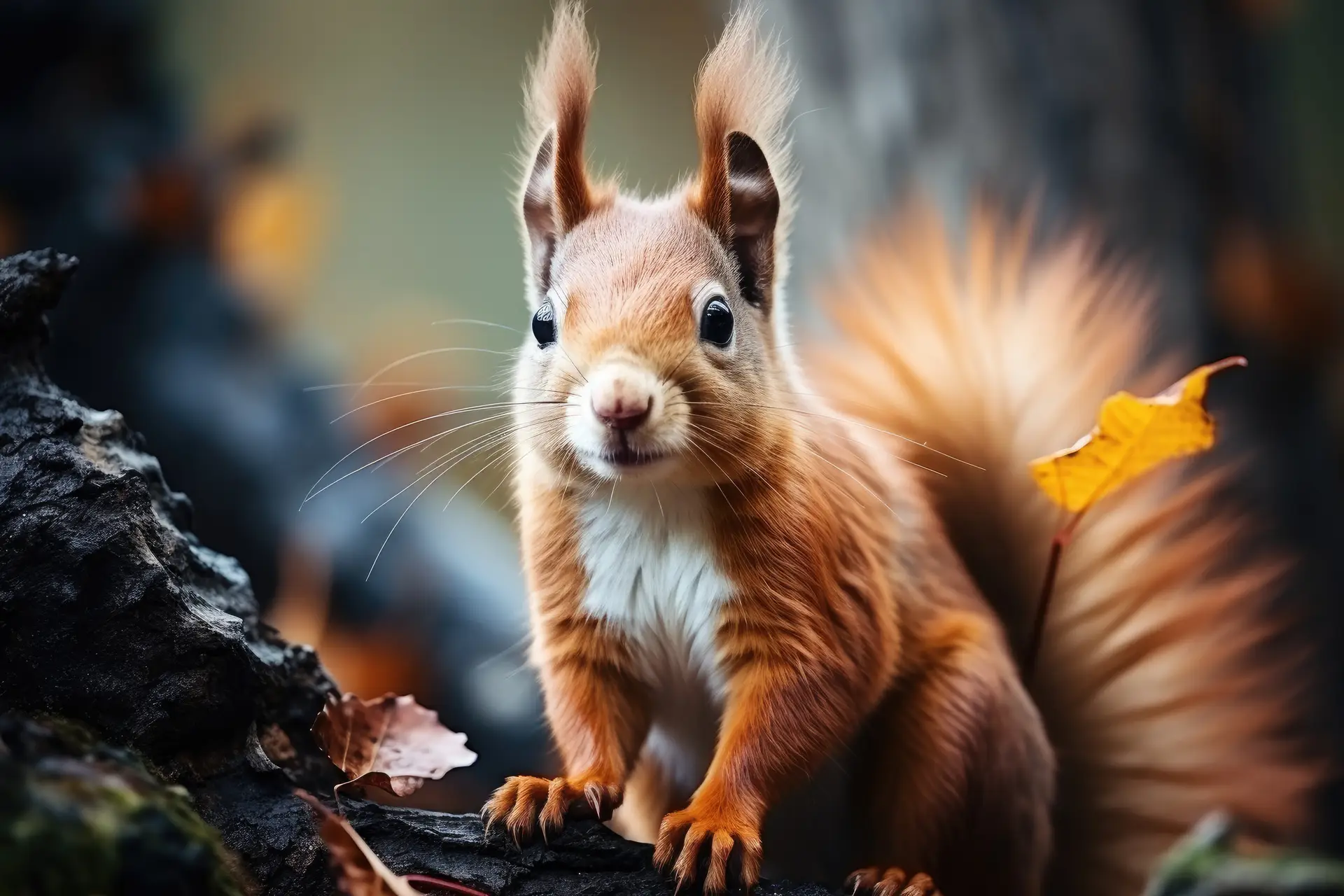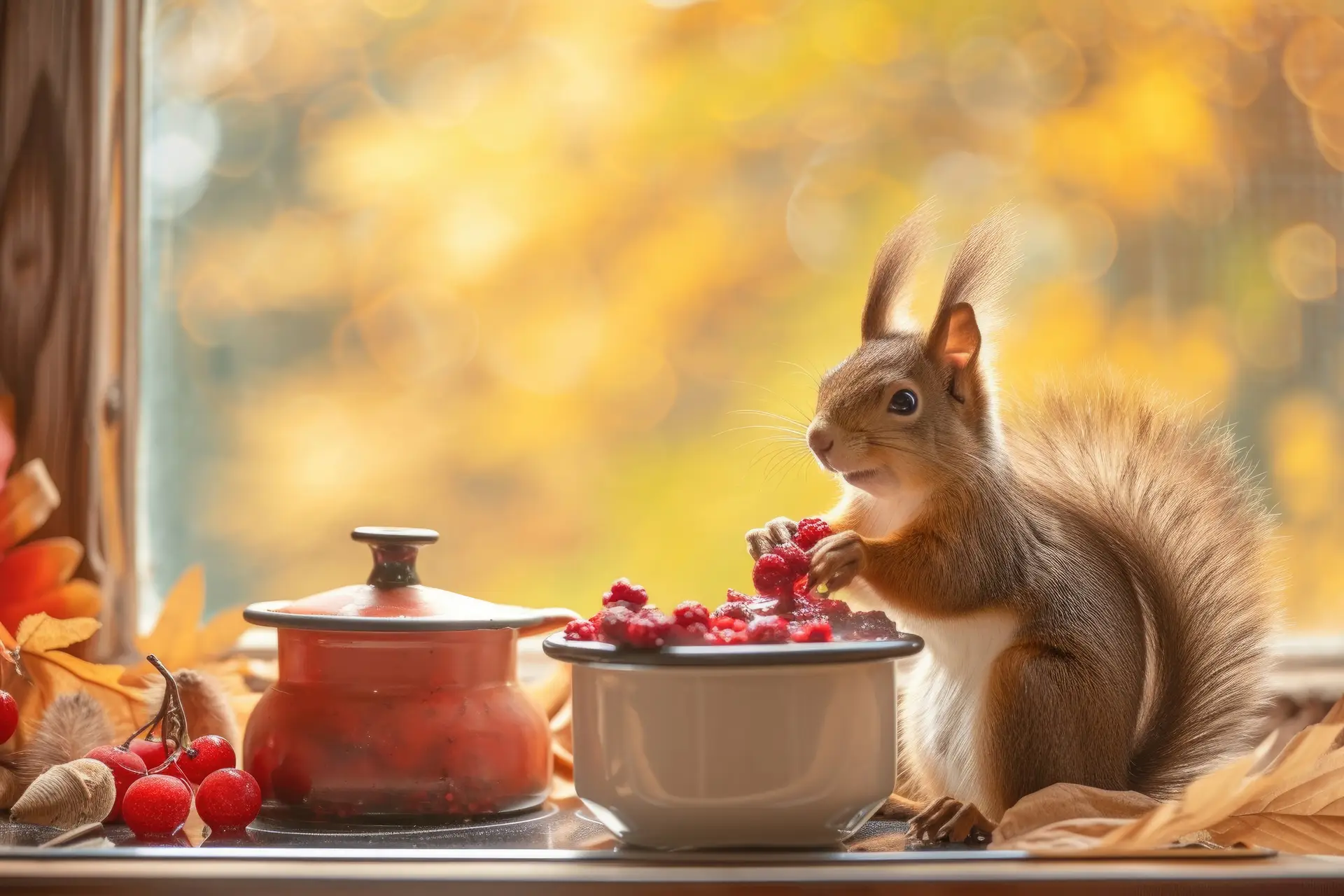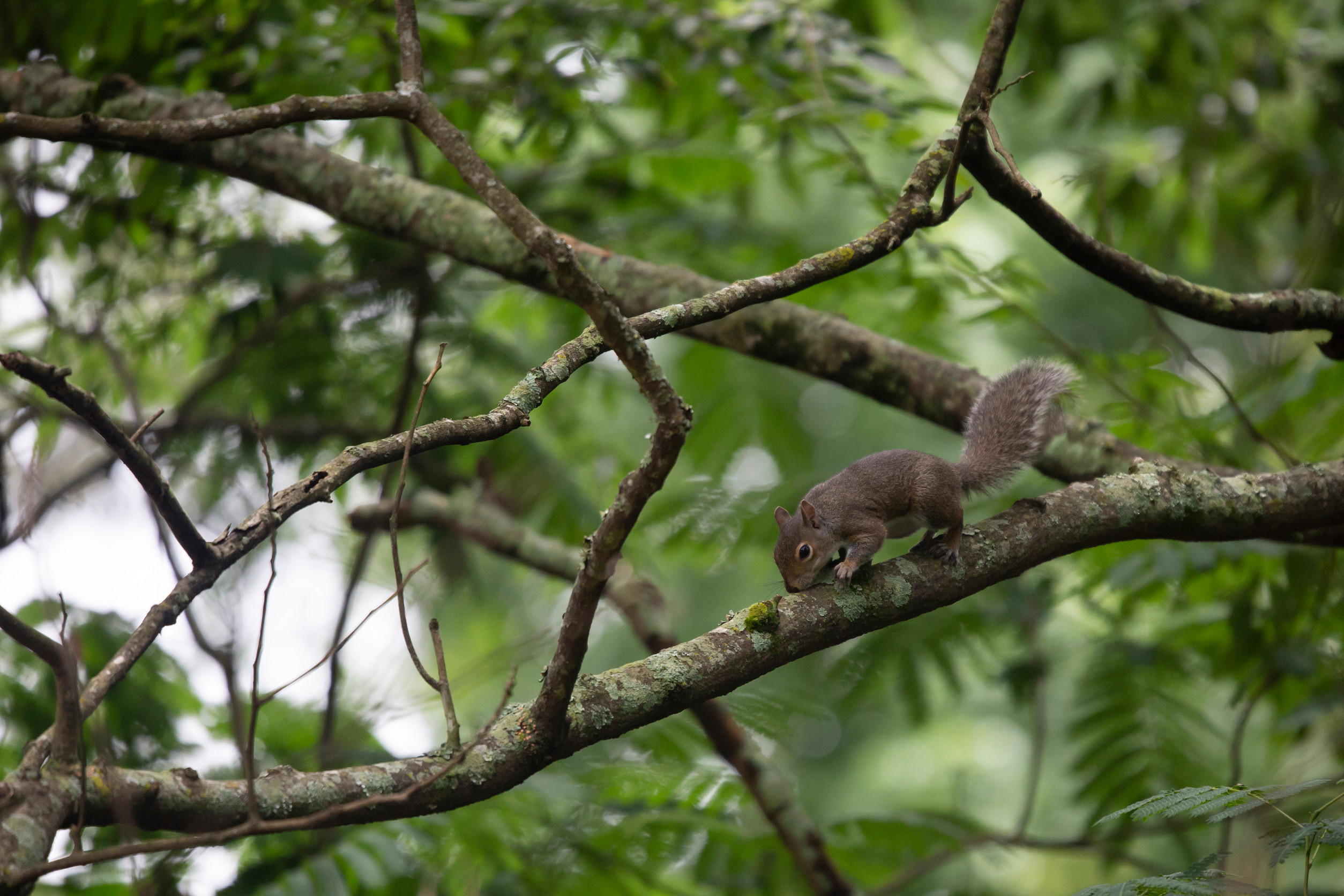Raccoons may look cute with their masked faces and fluffy tails, but when they invade your property, they can wreak havoc on your home, yard, and trash bins. Whether they’re tearing through your garbage, nesting in your attic, or causing general destruction, knowing how to remove raccoons safely and effectively is key.
For homeowners in the Pacific Northwest (PNW)—especially in areas like Portland, Vancouver, Beaverton, Camas, and Battle Ground—raccoons are a common nuisance due to the region’s dense forests, urban green spaces, and mild climate. In this guide, we’ll explore proven methods to remove raccoons, what attracts them, and how to prevent them from returning.
How Do You Make Raccoons Go Away?
Raccoons are resourceful, but they won’t stick around if their environment becomes uninviting. Here’s how to make your property less appealing to them:
1. Eliminate Food Sources
🍽️ Secure trash bins – Use heavy-duty lids or bungee cords to keep raccoons out.
🌱 Remove fallen fruit and pet food – Raccoons love scavenging for food in yards.
🦝 Stop feeding wildlife – Leaving food for birds or stray animals will attract raccoons, too.
2. Seal Entry Points
🏡 Check attics, crawl spaces, and sheds – Raccoons look for warm, quiet places to nest.
🔧 Use metal mesh or hardware cloth – Seal off vents, chimneys, and holes where raccoons could enter.
3. Use Motion-Activated Devices
💡 Bright lights – Raccoons prefer darkness, so motion-activated lights can scare them away.
🔊 Ultrasonic sound devices – These emit high-frequency noises that raccoons dislike.
If you live in a heavily wooded area like Lake Oswego, Ridgefield, or the outskirts of Vancouver, these methods can be especially useful since raccoons thrive near forests and rivers.
What Do Raccoons Hate the Most?
If raccoons have already made themselves at home, it helps to use deterrents they hate. Here are some effective options:
Natural Scents That Repel Raccoons
🚫 Ammonia-soaked rags – Mimics the scent of predator urine and repels raccoons.
🚫 Vinegar and citrus peels – The strong smell is unpleasant to raccoons.
🚫 Peppermint oil – Soaking cotton balls in peppermint oil and placing them near entry points can deter them.
Physical Barriers
🐾 Fencing – A wobbly fence top (tilted outward or lined with PVC pipe) makes it harder for raccoons to climb over.
🔥 Electric fencing – A low-voltage shock can be a last resort for persistent raccoons invading gardens.
In PNW cities like Beaverton and Camas, where backyards often border greenbelts, setting up these deterrents can make a big difference in keeping raccoons away.
Can You Remove Raccoons from Your Property?
Yes! However, removing raccoons properly and legally requires careful consideration.
When to Call a Professional
- If a raccoon is nesting in your attic or crawl space.
- If you suspect baby raccoons (kits) are involved.
- If the raccoon appears sick or aggressive.
Wildlife removal experts in Portland Metro and surrounding areas can safely relocate raccoons without harming them or violating state laws. In Washington and Oregon, trapping and relocating raccoons yourself can be illegal in certain situations, so always check local regulations.
Humane DIY Raccoon Removal Steps
🦝 Encourage them to leave naturally – Use bright lights, loud noises, or ammonia to make their nest uncomfortable.
🦝 Use one-way exclusion doors – These allow raccoons to leave but prevent them from returning.
🦝 Wait for them to vacate before sealing entry points – You don’t want to trap raccoons inside!
For homeowners in Vancouver, Battle Ground, and Ridgefield, preventing raccoons from returning is just as important as removing them.
What Food Is Poisonous to Raccoons? (And Why You Shouldn’t Use It)
While certain foods can be toxic to raccoons, poisoning them is not a humane or legal solution. However, for awareness, here are some foods that raccoons should never eat:
🚫 Chocolate – Contains theobromine, which is toxic to many animals.
🚫 Caffeine – Can cause severe health issues in raccoons.
🚫 Onions & Garlic – Can damage a raccoon’s red blood cells.
🚫 Grapes & Raisins – May cause kidney failure.
Instead of poisoning raccoons, it’s best to remove what attracts them and use humane deterrents. If you need help removing raccoons in Beaverton, Portland, or Lake Oswego, contact a professional wildlife removal service.
How to Keep Raccoons Away for Good in the Pacific Northwest
Once you’ve successfully removed raccoons from your property, long-term prevention is key. Here’s how:
1. Raccoon-Proof Your Home
- Use chimney caps and seal openings in attics and sheds.
- Trim tree branches to prevent raccoons from climbing onto your roof.
- Remove outdoor food sources, including compost piles.
2. Protect Your Garden & Yard
- Install motion-activated sprinklers to startle raccoons.
- Use raised garden beds or fencing to keep raccoons out.
- Consider companion planting with strong-scented herbs like mint.
For PNW residents, particularly in forested areas like Battle Ground and Ridgefield, maintaining yard cleanliness and securing garbage bins is crucial for long-term raccoon prevention.
The Smartest Way to Remove Raccoons in the PNW
Raccoons may be common in the Pacific Northwest, but that doesn’t mean you have to put up with them invading your home.
Quick Recap:
✅ Eliminate food sources & secure trash bins.
✅ Use raccoon repellents like ammonia, citrus, or motion-activated lights.
✅ Seal entry points to prevent nesting.
✅ Humanely remove raccoons using exclusion techniques or professional services.
✅ Maintain a raccoon-proof property for long-term prevention.
If raccoons are becoming a problem in your area, take action now. By making your home less appealing and using humane removal techniques, you can keep raccoons at bay for good.
Would you like professional raccoon removal services in Portland Metro, Vancouver, Beaverton, Camas, Battle Ground, or Ridgefield? Contact a local wildlife control expert today for safe and effective solutions!
